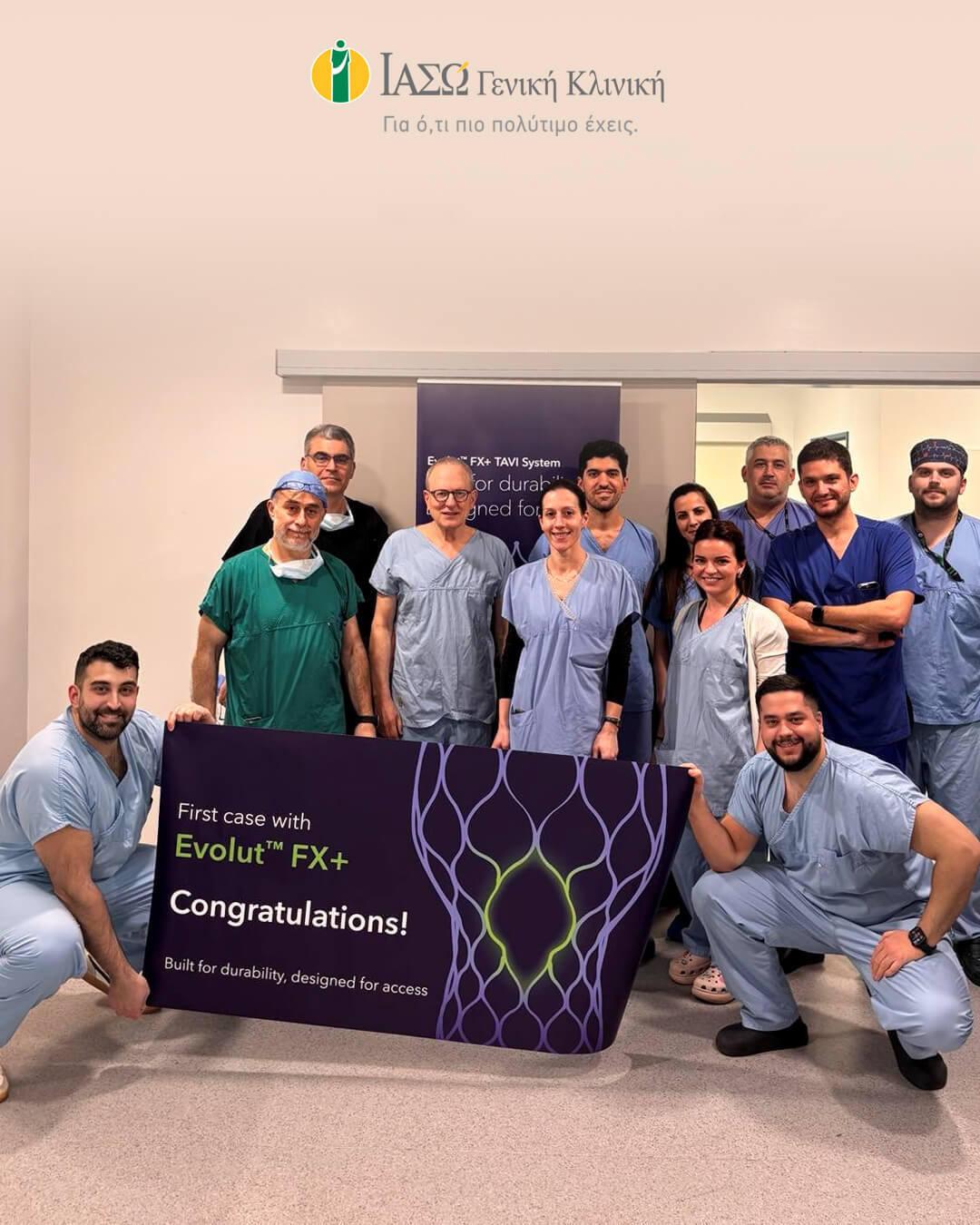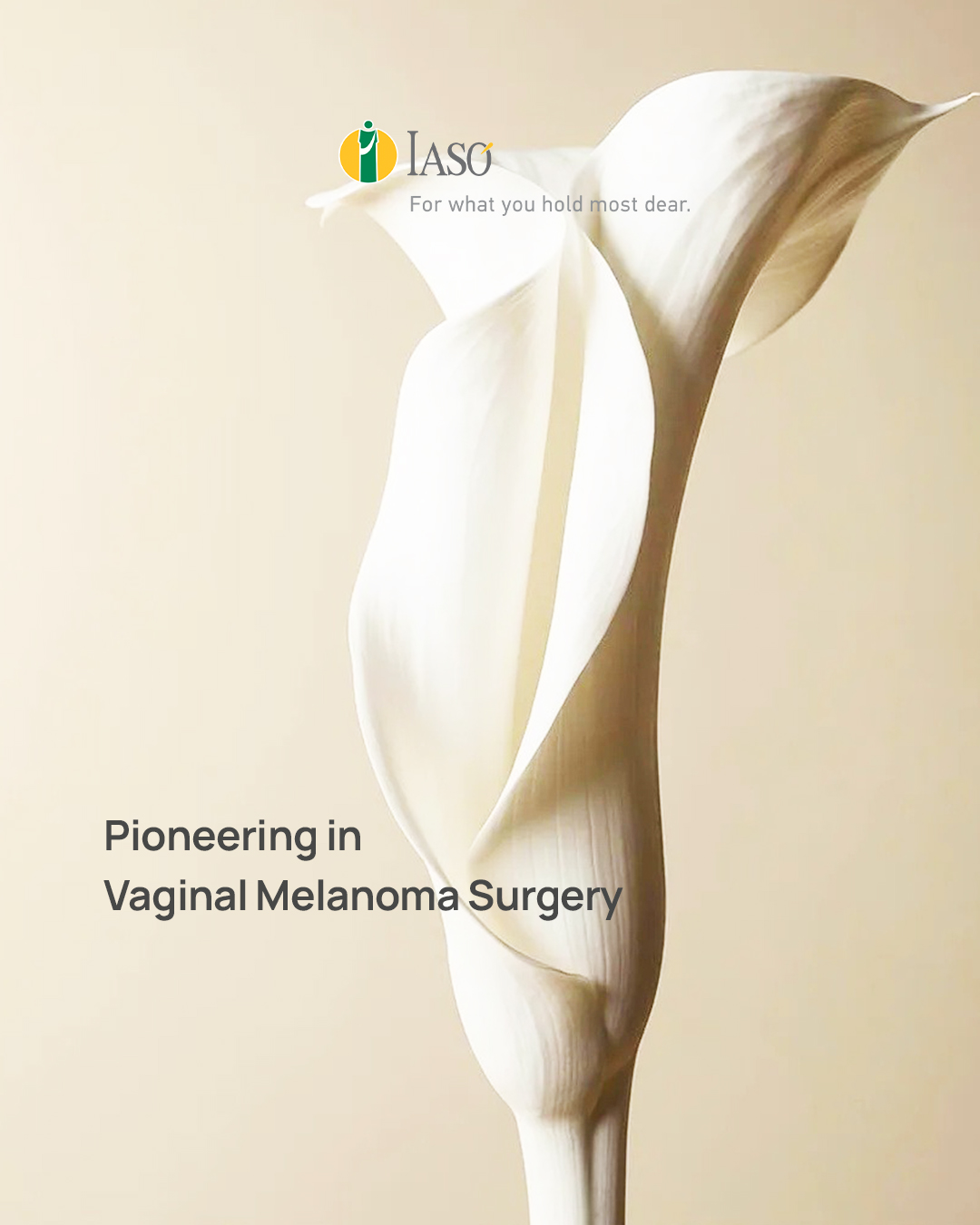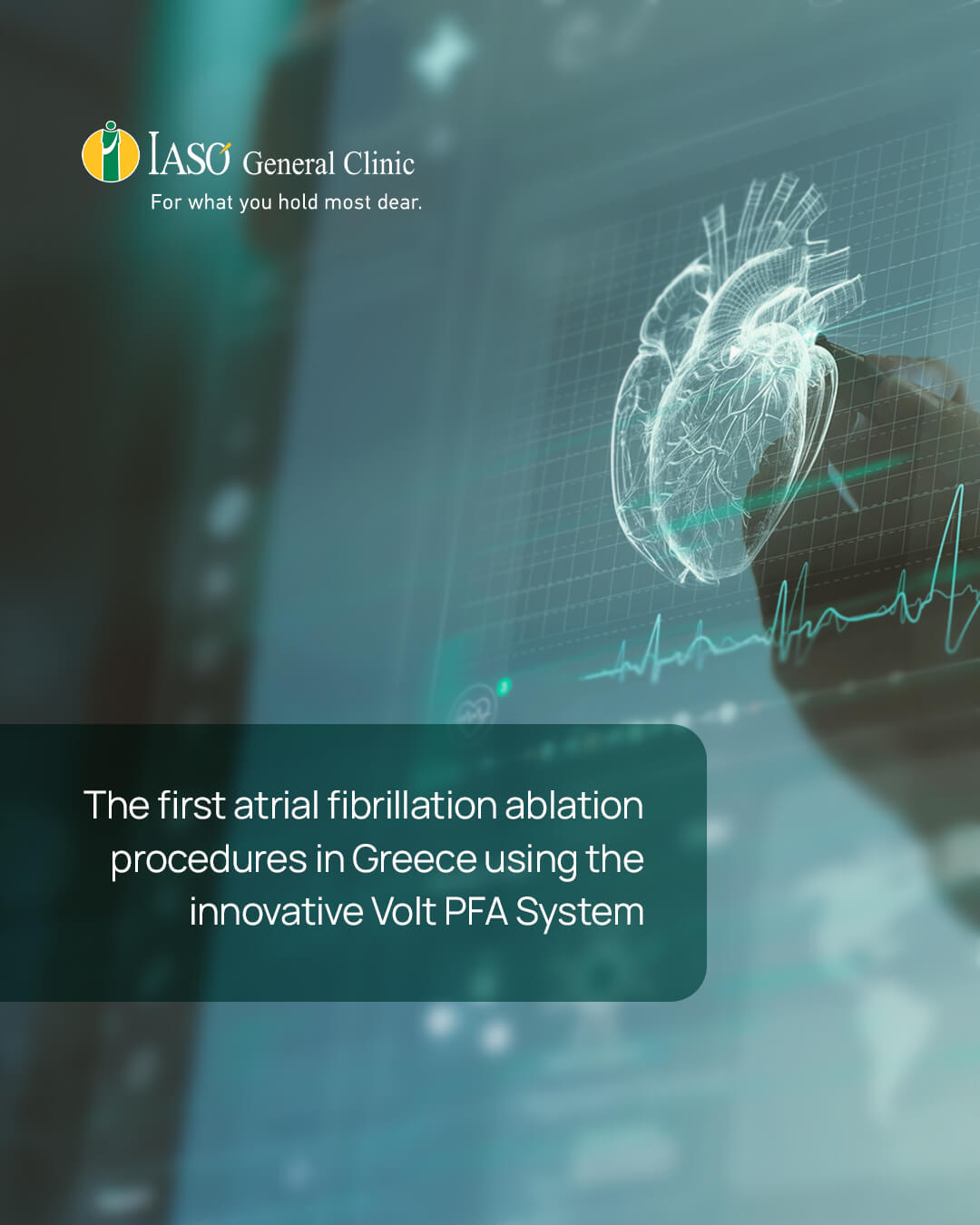Institute of Life – IASO: Worldwide recognition for the research team of Institute of Life - IASO, Embryotools, Juno Genetics, the University of Oregon (US) and the University of Oxford (UK).

The top-tier scientific journal Fertility and Sterility of the American Society for Reproductive Medicine (ASRM) published the results of the Pilot study “Maternal Spindle Transfer”. According to the study’s results, the maternal spindle transfer technique appears to be able to help a category of infertile patients, which was extremely difficult to happen with the conventional methods available thus far.
The results of the Maternal Spindle Transfer (MST) first clinical pilot study were published in one of the largest and most definitive scientific journals on the planet, the Fertility and Sterility Journal of the American Society for Reproductive Medicine (ASRM). This publication constitutes the highest honor and distinction at a global level, as it recognizes the scientific team’s work and its effort to evaluate the application of maternal spindle transfer techniques in cases of idiopathic infertility and repeated IVF failures, for the first time.
The pilot study provides the first insights into the safety and efficacy of Maternal Spindle Transfer in humans, when applied in a context of infertility treatment. The study resulted in the birth of six children to patients with a long history of previous failed in vitro fertilization attempts. The article additionally reveals important information and potential limitations concerning the use of MST to reduce the risk of disease transmission in patients carrying pathogenic mitochondrial DNA (mtDNA) mutations.
Maternal Spindle Transfer is an advanced laboratory technique that belongs to the family of methods known collectively as mitochondrial replacement therapies (MRTs). These techniques were originally proposed to avoid the transmission of mitochondrial diseases and their application for this clinical purpose is already permitted in some countries, such as the UK and Australia. The method involves the replacement of the patient’s egg cytoplasm with cytoplasm taken from the egg of a young donor, while retaining the patient’s nuclear genetic material. Accumulated evidence suggests that this process can overcome some problems related to a failure of an egg to support fertilization and embryonic development, while also allowing patients to produce genetically related offspring.
The pilot study in question was conducted in Greece after receiving approval from the Greek National Authority of Assisted Reproduction. The research team aimed to explore, for the first time, the clinical feasibility of the MST technique in a context of infertility treatment. The pilot study started in 2018 and was limited to a cohort of 25 infertile couples that were carefully selected based on their long history of unsuccessful IVF treatments, associated with poor egg quality. The patients had undergone between 3 and 11 previous IVF attempts (average 6.4 per patient) without success. The outcomes monitored in the study included the usual measures of IVF success, as well as other parameters specifically related to this technique, and also pediatric follow-up to evaluate the general health of children born following the procedure.
As is scientifically known, the egg is the most important element during the first few days of life. Not only does it carry the genetic contribution (DNA) from the mother, but it also contains stores of materials (e.g., RNA, proteins, energy supplies and organelles) in its cytoplasm, which are vital for the developing embryo. Poor egg quality is a significant factor contributing to female infertility, for which no effective treatments have been developed. The problem is characterized by repeated fertilization failure and/or impaired embryonic development. Currently, the only strategy available for patients that produce poor quality eggs is to undergo in vitro fertilization (IVF) treatments using donor eggs or embryos. This approach can help patients achieve a pregnancy, but excludes them from a genetic contribution to their child.
This Pilot study was carried out at the facilities of the Institute of Life at IASO Hospital and the members of the scientific team are distinguished professors, fertility specialists, embryologists and geneticists of Institute of Life – IASO, Embryotools, Juno Genetics, the University of Oregon (US) and the English University of Oxford (UK).
(Nuno Costa-Borges, PhD; Eros Nikitos, MSc; Katharina Späth, PhD; Irene Miguel-Escalada, PhD; Hong Ma, PhD; Klaus Rink, PhD; Clement Coudereau, PhD; Hayley Darby; Amy Koski, MSc; Crystal Van Dyken, PhD; Enric Mestres, PhD; Evmorfia Papakyriakou, MSc; Dominique De Ziegler, MD; George Kontopoulos, MD; Themistoklis Mantzavinos, MD; Ioannis Vasilopoulos, MD; Stylianos Grigorakis, MD; Thomas Prokopakis, MD; Konstantinos Dimitropoulos, MD; Panagiotis Polyzos, MD; Nikolaοs Vlachos, MD; Konstantinos Kostaras, MD; Shoukhrat Mitalipov, PhD; Gloria Calderón, PhD; Panagiotis Psathas, MD; Dagan Wells, PhD)
While the data obtained are encouraging, potentially creating a new therapy for types of infertility that were previously untreatable, the researchers are keen to stress that this was a pilot study and as such, it was limited in size and scope. A definitive assessment of the clinical value of the technique must await future, larger, controlled and randomized trials.
Fertility and Sterility is one of the most renowned medical journals globally, consulted by obstetricians, gynecologists, reproductive endocrinologists, embryologists, urologists and other specialists who treat and investigate infertility issues and human reproductive disorders. It consitutes the official journal of the American Society for Reproductive Medicine (ASRM) with thousands of active members from more than 100 countries. The journal, following strict review processes, publishes authoritative original scientific articles related to clinical and laboratory research and promotes the science of reproductive medicine worldwide.
Important Annotation:
Births of children by using the Maternal Spindle Transfer method are performed in the context of a research protocol concerning a Pilot study that leads to pregnancy, which is conducted in accordance with the terms and conditions of Law 3305/2005. Based on current scientific findings, the Maternal Spindle Transfer method is not an established infertility treatment, nor a recognized method of medically assisted reproduction.
For more journalistic information: Nancy Christopoulou, IASO Group Commercial & Marketing Department, Tel.: 210 6383917, E-mail: [email protected]







